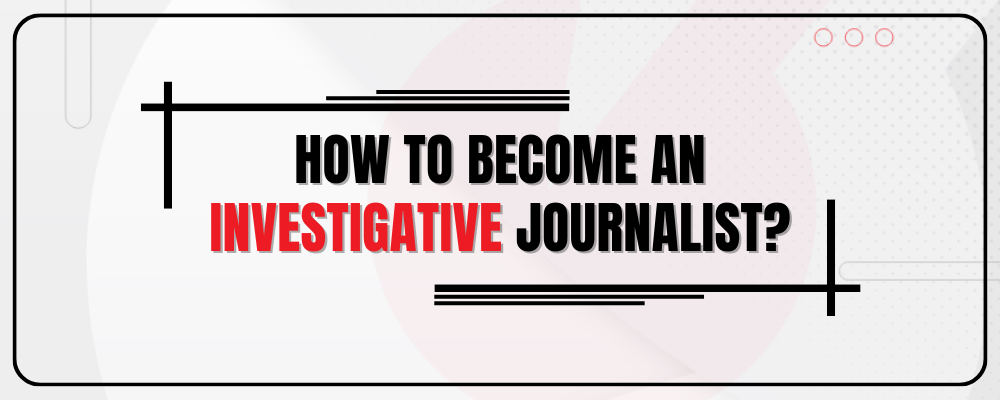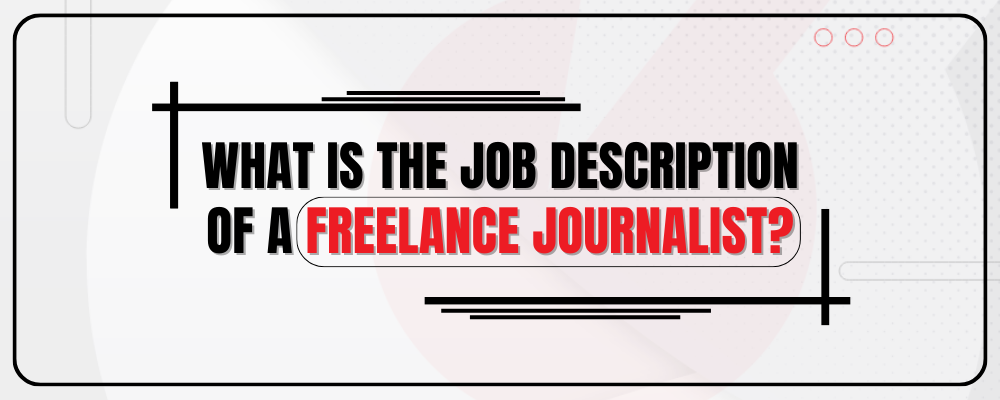“Off the record” is a term frequently used in journalism and other professional contexts to indicate that the information being shared is not intended for public disclosure. It sets specific boundaries for how the information can be used, ensuring that the source remains anonymous and the details provided are not published. Understanding “off the record” involves recognizing its nuances, the ethical considerations involved, and its practical applications in various fields.
Definition and Context
When a conversation or piece of information is “off the record,” it means that the person providing the information (the source) is stipulating that the information should not be reported or attributed to them in any way. This is often used in journalism when sources want to share important insights or details without the risk of being publicly identified or quoted.
Key Aspects:
- Non-attribution: Information shared off the record cannot be attributed to the source in any way.
- Non-publication: The details provided cannot be published or disclosed to the public.
- Confidentiality: The confidentiality of the source must be maintained, and their identity protected.
Why Use “Off the Record”?
There are several reasons why a source might request an off-the-record conversation:
- Anonymity: The source may fear repercussions, backlash, or consequences if their identity is revealed.
- Sensitive Information: The information could be sensitive, classified, or potentially damaging if disclosed publicly.
- Trust Building: It helps build trust between the source and the journalist or recipient, encouraging more open and honest communication.
- Strategic Disclosure: The source might want to influence the narrative or provide context without being directly linked to the information.
How “Off the Record” Works
For an off-the-record agreement to be effective, both parties—the source and the recipient (usually a journalist)—must clearly understand and agree to the terms before any information is shared. This is typically done through explicit verbal agreement. For instance, a source might say, “This is off the record,” before disclosing any information. The journalist must then acknowledge and agree to these terms for the information to be considered off the record.
Ethical Considerations
The use of off-the-record information poses several ethical challenges and considerations:
- Honoring Agreements: Journalists are ethically obligated to honor off-the-record agreements to maintain trust and integrity in their professional relationships.
- Balancing Public Interest: There might be situations where the public interest is so significant that it challenges the boundaries of off-the-record agreements. Journalists must carefully weigh the benefits of disclosure against their ethical commitments.
- Transparency: News organizations often have policies and guidelines about off-the-record agreements to ensure transparency and accountability in their reporting practices.
Types of Information Sharing Agreements
Besides “off the record,” there are other types of information sharing agreements in journalism:
- On the Record: Information shared can be fully attributed to the source and published.
- Background: Information can be used for context and understanding but not attributed to the specific source. The source might be described in general terms (e.g., “a government official”).
- Deep Background: Information can be used to inform the story and provide context but not directly quoted or attributed in any form.
Practical Applications
In Journalism:
- Investigative Reporting: Off-the-record information can be crucial in investigative journalism, where sources might provide leads, context, or insights that guide the journalist’s research without being directly cited.
- Political Reporting: Politicians and their aides often provide information off the record to influence media coverage without being directly quoted, allowing them to shape narratives while maintaining plausible deniability.
In Business:
- Confidential Negotiations: Business leaders might share off-the-record information during negotiations or strategic discussions to explore options without formal commitments.
- Market Analysis: Analysts may receive off-the-record insights from industry insiders to better understand market trends and dynamics.
In Legal Contexts:
- Attorney-Client Privilege: Lawyers might receive off-the-record information from clients to provide better legal advice while maintaining confidentiality.
- Whistleblowing: Employees might share information off the record with journalists or investigators to expose wrongdoing without risking their careers or safety.
Challenges and Limitations
- Misunderstandings: There can be misunderstandings about what “off the record” means if not clearly defined and agreed upon. It’s crucial for both parties to have a shared understanding.
- Legal Constraints: In some cases, legal obligations might compel journalists to disclose information despite off-the-record agreements, such as in response to subpoenas or court orders.
- Erosion of Trust: If a journalist breaks an off-the-record agreement, it can severely damage their reputation and the trust between them and future sources.






